Can I Use Nicotine Pouches After Tooth Extraction?
Understanding Tooth Extraction Recovery
Why Healing After Tooth Extraction Is Critical
When a tooth is extracted, your body immediately begins a healing process. A blood clot forms at the site to protect the bone and nerves. This clot acts like a natural bandage, preventing infection and promoting new tissue growth. If this clot is disturbed too early, serious complications like dry socket can occur.
Normal Healing Timeline for Tooth Extraction
-
First 24 hours: Blood clot forms.
-
2–3 days: Swelling reduces.
-
1 week: Soft tissue begins to heal.
-
2 weeks: Significant healing visible.
-
1–2 months: Bone and gum tissue stabilize.
Full recovery may take weeks, and lifestyle choices—including nicotine use—can greatly influence healing.
What Are Nicotine Pouches?
How Nicotine Pouches Work
Nicotine pouches are small, smokeless, tobacco-free products placed between the lip and gum. They release nicotine into the bloodstream without the harmful tar found in cigarettes.
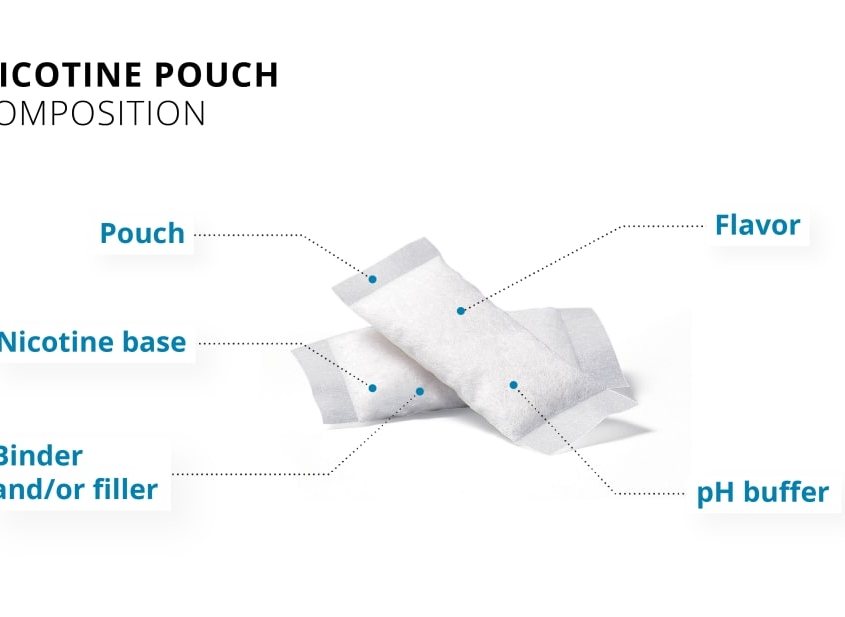
Differences Between Nicotine Pouches and Smoking
-
Smoking: Involves heat, tar, and harmful chemicals.
-
Vaping: Avoids combustion but still irritates oral tissues.
-
Nicotine Pouches: Tobacco-free but still contain nicotine, which constricts blood vessels and slows healing.
Even though they seem “safer,” they are not harmless—especially after oral surgery.
Can I Use Nicotine Pouches After Tooth Extraction?
How Nicotine Affects Healing
Nicotine reduces blood flow by tightening blood vessels. This deprives healing tissue of oxygen and nutrients, slowing down recovery.
Risks of Using Nicotine Pouches Too Soon
-
Delayed Healing
-
Increased Infection Risk
-
Dry Socket (painful exposed bone)
-
Excessive Bleeding
Dry Socket and Other Complications
Dry socket is one of the most painful complications after extraction. When nicotine interferes with clot formation, the bone and nerves become exposed, leading to severe throbbing pain and longer recovery.
Dentist Recommendations on Nicotine Use After Extraction
Official Guidelines from Dental Associations
Most dental experts strongly advise avoiding nicotine in any form for at least 72 hours after extraction. Some recommend waiting a full week for optimal healing.
How Long Should You Wait Before Using Nicotine Pouches?
-
Minimum: 72 hours (3 days).
-
Ideal: 5–7 days.
-
Best: Until your dentist confirms proper healing.
Safer Alternatives to Nicotine Pouches During Recovery
Nicotine Replacement Therapy (Patches, Gum, Lozenges)
-
Nicotine patches: Deliver nicotine through the skin, bypassing the mouth.
-
Gum & lozenges: Can still irritate the oral cavity, so patches are safest.
Stress and Craving Management Without Nicotine
-
Practice deep breathing or meditation.
-
Drink plenty of water.
-
Distract cravings with sugar-free candies.
-
Engage in light exercise to release endorphins.
Tips for a Smooth Tooth Extraction Recovery
Foods and Drinks to Avoid
-
Hot, spicy, and acidic foods.
-
Alcohol and carbonated beverages.
-
Hard, crunchy snacks.
Oral Hygiene Best Practices
-
Rinse gently with saltwater after 24 hours.
-
Avoid aggressive spitting or using straws.
-
Brush gently, avoiding the extraction site.
Frequently Asked Questions
1. Can I use nicotine pouches 24 hours after extraction?
No, it’s too soon. Nicotine can disturb the blood clot and cause dry socket.
2. Are nicotine pouches safer than smoking after tooth extraction?
They eliminate tar but still contain nicotine, which delays healing.
3. What happens if I use nicotine pouches too early?
You risk severe pain, infection, and dry socket.
4. When is it 100% safe to resume nicotine pouches?
Usually after 5–7 days, but confirm with your dentist.
5. Can nicotine patches be used immediately after extraction?
Yes, since they don’t affect the mouth directly.
6. What’s the best way to quit nicotine during recovery?
Consider nicotine patches, counseling, and focusing on hydration and relaxation techniques.
Conclusion – Protecting Your Healing Process
So, can you use nicotine pouches after tooth extraction? The answer is no—at least not immediately. Nicotine interferes with blood flow, disrupts healing, and greatly increases your risk of painful complications like dry socket. Dentists recommend waiting at least 3–7 days before resuming, and even longer if possible.
Your recovery period is the perfect opportunity to explore healthier alternatives—or even quit nicotine for good. Protect your mouth, follow dentist guidelines, and give your body the best chance to heal properly.

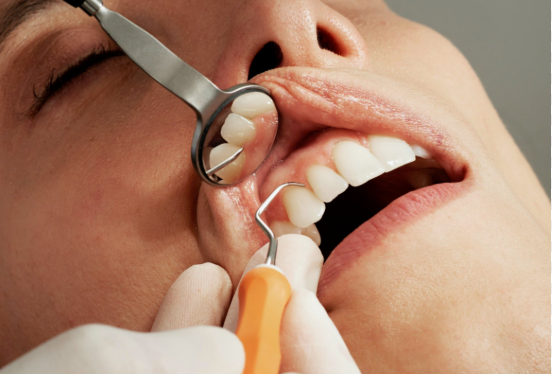
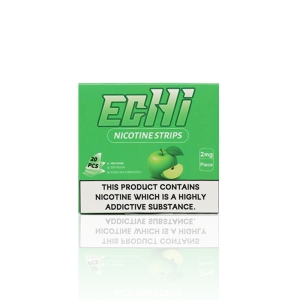
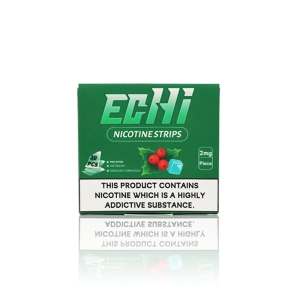
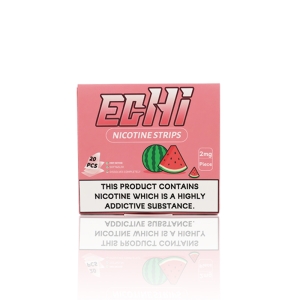
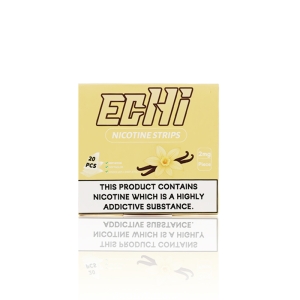
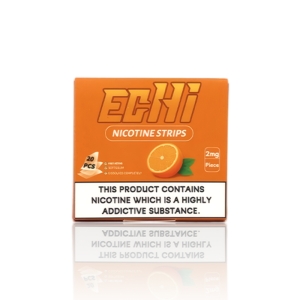


Leave a Reply
Want to join the discussion?Feel free to contribute!